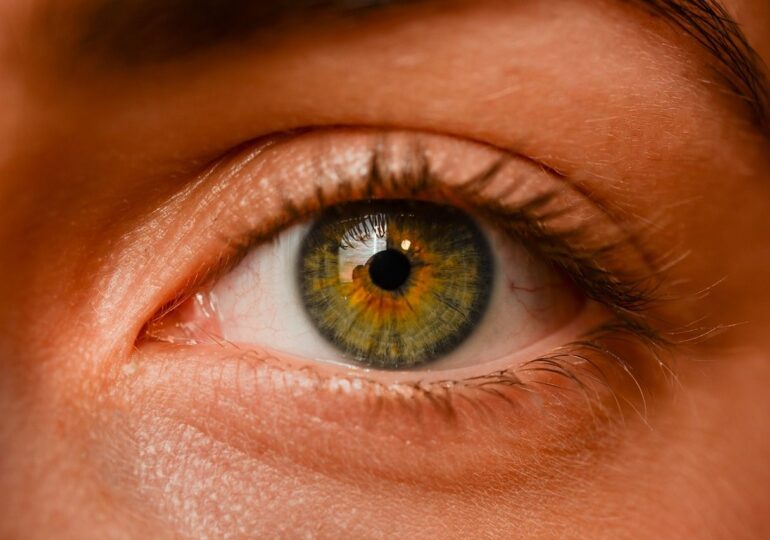Our eyes can provide valuable information about brain health. Researchers have found that eye problems can serve as early indicators of cognitive decline and may predict dementia years before it is officially diagnosed. 12 years earlier, to be precise.
In a recent study, scientists from Loughborough University in the United Kingdom examined and monitored a group of 8,623 healthy individuals from Norfolk, England, over an extended period. Among the subjects, 537 eventually developed dementia, allowing researchers to analyze factors that could have preceded this condition.
At the beginning of the study, participants underwent a visual sensitivity test, requiring them to immediately identify a triangle formed by moving dots on a screen.
Those who developed or already had dementia showed slower reaction times in shape recognition compared to others, as reported by Science Alert.
Following the study, which also included other tests, British scientists concluded that vision problems can serve as precursors to cognitive decline, as Alzheimer's disease-related amyloid plaques can initially affect brain regions associated with vision before spreading to memory-related areas as the disease progresses.
In the case of Alzheimer's disease, various aspects of visual processing are affected, such as contrast sensitivity and color discrimination. Especially colors in the blue-green spectrum are difficult to see for those affected by dementia, even in the early stages, often without the individuals being aware.
Another issue faced by those with dementia or those on the verge of developing the disease is the inability to ignore stimuli that distract their attention. This is a common reason behind many accidents involving the elderly.
Furthermore, individuals with dementia or those who will be diagnosed with it, even years later, do not "scan" faces like healthy individuals - eyes, nose, mouth - to imprint a face in their memory. This leads to their subsequent difficulty in recognizing them.

